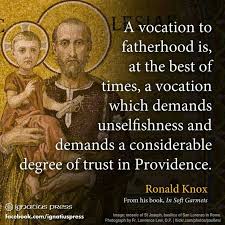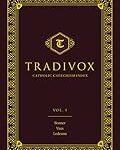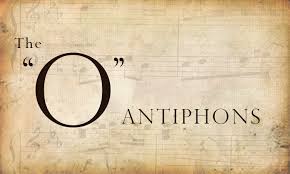On Father’s Day, we celebrate the great grace of being a father; such a vocation means that a man is being entrusted by God, who is Our Father, to represent his paternity.
In his catechesis of January 30, 2013, Pope Benedict XVI explained well the difficulty of speaking about fatherhood in our western contemporary society.
It is not always easy today to talk about fatherhood, especially in the Western world. Families are broken, the workplace is ever more absorbing, families worry and often struggle to make ends meet and the distracting invasion of the media invades our daily life: these are some of the many factors that can stand in the way of a calm and constructive relationship between father and child. At times communication becomes difficult, trust is lacking and the relationship with the father figure can become problematic; moreover, in this way even imagining God as a father becomes problematic without credible models of reference. It is not easy for those who have experienced an excessively authoritarian and inflexible father or one who was indifferent and lacking in affection, or even absent, to think serenely of God and to entrust themselves to him with confidence.
However it is precisely because of this present situation that we must talk about fatherhood. In an interview given to Vatican Media on being parents Pope Francis spoke at length at what it means to be a father. He said:
One is not born a father, but we are certainly all born as children. This is the first thing we have to consider: that is, that each of us, aside from everything that life has reserved for us, is first of all a son or daughter, entrusted to someone who comes from an important relationship that made them grow and that influenced them for better or for worse. To have this relationship and to recognise its importance in one’s life means understanding that one day when we will have the responsibility over someone’s life — that is, when we will have to exercise fatherhood — we will carry with us first of all the experience that we have personally had. And it is important then to be able to reflect on this personal experience in order not to repeat the same mistakes and to treasure the beautiful things we have experienced. I am convinced that the relationship of paternity that Joseph had with Jesus influenced his life so much, to the point that Jesus’ future preaching is filled with images and references taken precisely from paternal imagery. For example, Jesus says that God is Father and this statement cannot leave us indifferent, especially when we think about his personal human experience of paternity. This means that Joseph was such a good father that Jesus found in this man’s love and paternity the most beautiful reference he could give to God. We could say that today’s children, who will become tomorrow’s fathers, should ask themselves what fathers they had and what fathers they want to be. They should not let the role of fatherhood be a fruit of chance or simply of the consequences of a past experience, but rather they should decide with awareness how to love someone, how to take on the responsibility of someone.
On another occasion Pope Francis also said that every family needs a father — a father who shares in his family’s joy and pain, hands down wisdom to his children, and offers them firm guidance and love. When a father accompanies his family in imparting wisdom, guidance and love it also means that he is guarding his family’s holistic progress. This is so since he is drawing all this energy from the paternity of God the Father. Pope St John Paul II told us: In revealing and in reliving on earth the very fatherhood of God, a man is called upon to ensure the harmonious and united development of all the members of the family.
Pope Benedict XVI highlighted the importance of God’s fatherhood as the basis for authentic human paternity.
God is a father who never abandons his children, a loving father who supports, helps, welcomes, forgives, saves, with a fidelity that immensely surpasses that of men, opening up to an eternal dimension.
And Pope Francis puts this great theological concept by applying it in the everyday life of an earthly father: A good father knows how to wait and knows how to forgive from the depths of his heart. Certainly, he also knows how to correct with firmness: He is not a weak father, submissive and sentimental. The father who knows how to correct without humiliating is the one who knows how to protect without sparing himself.
When I see these reflections I simply concur with what G.K. Chesterton had to say about this subject when he concluded: God chooses ordinary men for fatherhood to accomplish his extraordinary plan.
God our Father, we give you thanks and praise for fathers young and old. We pray for young fathers, newly embracing their vocation. May they find courage and perseverance to balance work, family and faith in joy and sacrifice.
We pray for our own fathers around the world whose children are lost or suffering. May they know that the God of compassion walks with them in their sorrow. We pray for men who are not fathers but still mentor and guide us with fatherly love and advice.
We remember fathers, grandfathers, and great grandfathers who are no longer with us but who live forever in our memory and nourish us with their love. Amen.











